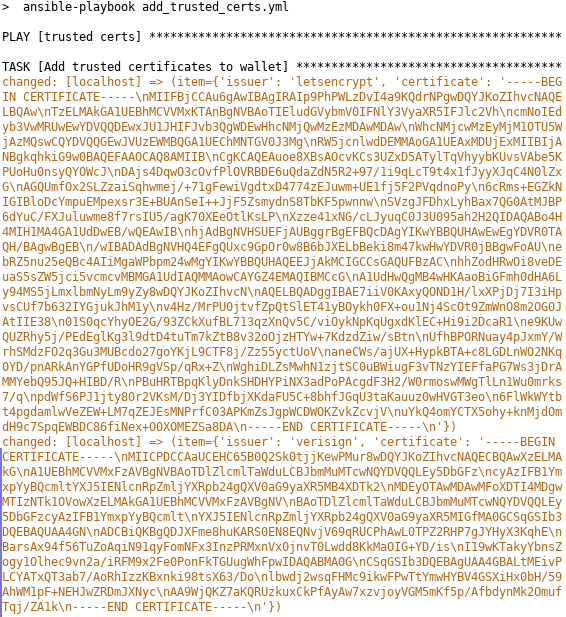Dbi-Services
1M
172

Image Credit: Dbi-Services
Ansible: reduce output in loops – or replace loops
- When using loops in Ansible, the output can become cluttered, especially when working with lists of dictionaries.
- Using the no_log: true option helps reduce output clutter by replacing the item-values with 'None,' but it may hinder error troubleshooting.
- An alternative method is to loop over index numbers of list elements instead of the list directly.
- This indexing approach makes output more compact and easier to read.
- For large datasets, it is recommended to use json_query for filtering data efficiently instead of traditional looping.
- When retrieving data from LDAP or web services, fetching all data at once and then extracting host-specific information using json_query is more efficient than querying individually for each host.
- Using json_query can help streamline data extraction and enhance playbook performance in scenarios involving multiple hosts.
- In summary, to reduce output clutter in loops, consider options like no_log: true, indexing list elements, and leveraging json_query for data filtering in Ansible.
Read Full Article
10 Likes
For uninterrupted reading, download the app